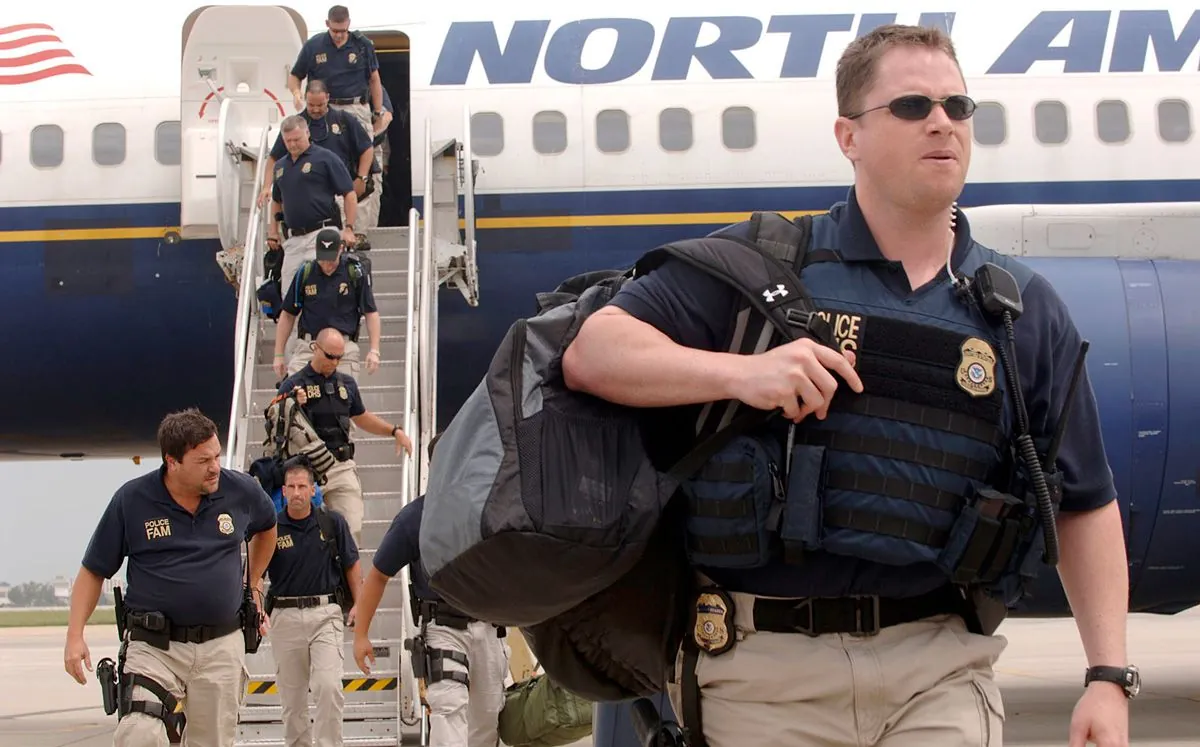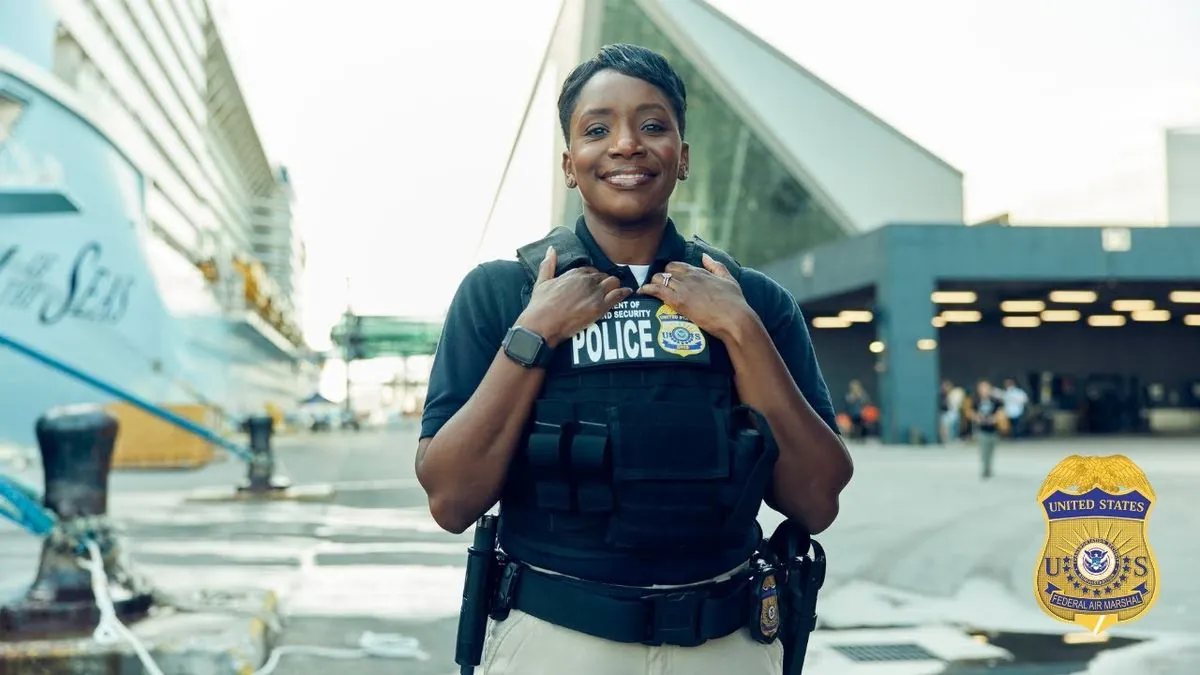Federal Air Marshals Seek Expanded Role and Organizational Change
Federal air marshals push for broader law enforcement duties and separation from TSA, citing cultural differences and operational limitations. Congress considers reevaluating their role in aviation security.

Federal air marshals are advocating for a significant shift in their operational scope and organizational structure. The Air Marshal Association, representing approximately half of the force, is proposing the creation of a separate law enforcement agency within the Department of Homeland Security or the Department of Transportation.
John Casaretti, President of the Air Marshal Association, expressed the sentiment among air marshals that their current role within the Transportation Security Administration (TSA) is limiting their law enforcement capabilities. The association argues that expanding their duties beyond in-flight responsibilities would enhance transportation and aviation security.

The Federal Air Marshal Service, established in 1962 to combat air hijacking, has undergone significant changes since its inception. Following the September 11, 2001 attacks, the service expanded considerably, adapting to new security challenges. Today, air marshals operate on both domestic and international flights, working in plain clothes to maintain a low profile.
Air marshals undergo specialized training at the Federal Air Marshal Service Training Center, focusing on marksmanship, close quarters combat, and aircraft-specific tactics. They are also trained in behavioral detection techniques and handling various in-flight emergencies. Despite this comprehensive training, Casaretti argues that the current system doesn't fully utilize their capabilities.
The proposed changes would see air marshals taking on roles more akin to federal special agents, including conducting investigations, probing insider threats, and responding to federal incidents at checkpoints. This expanded role would allow them to leverage their training in areas beyond their current in-flight duties.
"We're pretty much on aircraft and lack the level of intelligence to know specifically why we're on the aircraft that we're on."
The issue has caught the attention of Congress. Rep. Carlos A. Gimenez, chairman of the transportation and maritime security subcommittee, expressed concern about the effective utilization of air marshals in aviation security. While not explicitly endorsing the separation from TSA, Gimenez stated that the committee would investigate the concerns raised.
However, the proposal faces opposition. Rep. Bennie G. Thompson, the leading Democrat on the full committee, argues against separating FAMs from TSA, emphasizing the importance of coordinated security measures. TSA also opposes the split, stating that the current structure strengthens their ability to accomplish the evolving transportation security mission.
The air marshals' push for change extends beyond operational duties. Casaretti highlighted issues with work schedules, citing 20-hour days and inadequate rest periods that negatively impact morale and family relations. These challenges have reportedly contributed to mental health issues within the force.
Since 2002, sixteen air marshals have died by suicide, underscoring the need for improved mental health support. TSA has acknowledged this issue and claims to provide programs aimed at enhancing careers, mental and physical health, and wellness.
As the debate continues, it's clear that the role of federal air marshals in aviation security is at a crossroads. The outcome of this discussion could significantly impact the future of aviation security and the working lives of these law enforcement professionals.


































